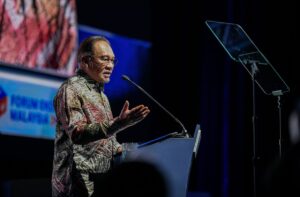KATHMANDU, Aug. 11 (Xinhua) — Experimental seedlings of hybrid rice varieties were transplanted into Nepal South Agricultural Science and Technology Park on Monday, as part of efforts to help the South Asian country achieve food self-sufficiency.
The first batch of 37 high-yield varieties will land at the hybrid rice demonstration zone of the park, which is located in the town of Rampur in Bharatpur city in south-central Nepal.
Speaking at the inauguration ceremony, Chinese Ambassador to Nepal Chen Song described the project as the result of hard work for more than two years, calling it another progress in agricultural cooperation between the two countries on the 70th anniversary of diplomatic ties.
Chen noted that improving agricultural productivity and enhancing food self-sufficiency has become a global focus, and the promotion of China‘s hybrid rice technology is a key area in global agricultural technology cooperation and a key component of China‘s current global governance approach.
“China hopes to help more developing countries, including Nepal, achieve food self-sufficiency through international cooperation and technological exchange, thereby promoting the shared development of global agriculture,” added Chen.
Agriculture is the backbone of Nepal’s economy and provides a livelihood to a large portion of the population.
“I believe that by using improved varieties of seeds, farmers will be able to increase their production, contribute to poverty alleviation, and achieve the goal of sustainable development by becoming self-reliant in rice,” Mayor of Bharatpur Renu Dahal said at the inauguration ceremony.
“These seeds will provide the potential for self-reliant agriculture, prosperous farmers and food security in the future,” she added, expecting the program to reach farms in the local district as well as across the country.
The park was developed with the support of China-South Asian Countries Poverty Alleviation and Cooperative Development Center and implemented by Nepal’s Agriculture and Forestry University based in Bharatpur and Chongqing Academy of Agricultural Sciences.






